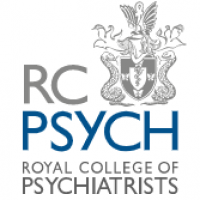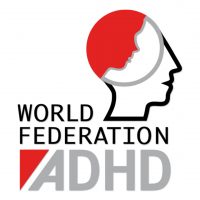How can diet affect your mental health?
Eating a balanced diet each day containing the right amount of nutrients and vitamins is paramount to ensuring optimal physical health and controlling weight. It also helps out mental health too. Eating throughout the day ensures our energy levels are up and keeps our minds working.
How does age affect appetite?
As we age, in many cases our appetite decreases, which could be due to a number of reasons including the decreased need for energy, dental problems and certain medications. Medication could change the taste of food, or dry up saliva, making food unappealing. Changes to the digestive system can also contribute to a declining appetite. Although the stomach does not shrink in size, daily activities, for example a different routine when we retire from work can mean we eat less as we get older.
Managing diet to help your mental health:
Eat regularly
If blood sugar drops, it can make you feel irritable or tired. Eating regularly will keep blood sugar levels steady. If you struggle to stick to your 3 main meals per day, try eating 5-6 smaller meals of a few hundred calories.
Try to eat food that releases energy slowly
The type of food you eat plays a role in determining your energy levels throughout the day. Food high in protein, like nuts, lean meats, fish and seafood, eggs and dairy products are great energy sources. Bananas are also one of the best foods for energy.
Make sure you’re getting the right fats
Fat isn’t all bad. Your body needs fatty oils such as omega 3 and 6. Make sure you do not avoid all fats, but eat the right ones. Some food containing the right fats: Oily fish, chicken, dairy products like cheese and milk, walnuts and almonds. It has been suggested that the consumption of polyunsaturated fatty acids (PUFAs) contribute to decreasing depressive symptoms in patients, while improving positive mood and reducing anxiety.
Increase your protein
Protein contains amino acids. We frequently associate protein with building muscles but proteins are also important for creating many of the natural chemicals in the brain that affect mood and concentration.
Drink more
Concentration levels can be affected by not drinking enough. Water is great, but try drinking green tea or herbal tea which are packed full of antioxidants. Antioxidants are known to protect the body against disease and are an important part of a healthy diet.
Eat a variety of fruit and vegetables
Fruits and vegetables contain important vitamins, minerals and plant chemicals. They also contain fibre. Researchers used survey results from UK families to estimate the link between how much fruit and vegetables people ate on a typical day and their mental wellbeing. They found people reported feeling happier, more purposeful and less anxious when they ate more fruit and veg (NHS Study).
Cut down on caffeine
Having too much caffeine can make you feel anxious or depressed, disturb your sleep and give you withdrawal symptoms if you suddenly stop having it. Consuming caffeine late at night can massively impact your sleep and lack of sleep can massively affect your mental health.
Pay attention to your gut
Your gut and your brain use similar chemicals so keeping your gut healthy can also keep your brain healthy. Foods high in fibre are healthy gut foods. They can include fruit and vegetables, wholegrain and yoghurts.
Processed foods are not good for your mental health
A review conducted by O’Neil et al. (2014) showed that unhelpful dietary patterns (including higher intake of foods with saturated fat, refined carbohydrates and processed food products) are linked to poorer mental health in children and adolescents. Beyer and Payne (2016) found that people with a diagnosis of bipolar disorder tend to have a poorer quality diet, which is high in sugar, fat and carbohydrates.
Diet can affect your mental health in a number of ways so it is important to constantly review what you are putting inside your body.
If you are worried about your mental health and require help and advice, we are happy to book you in to see Dr Behzad Basit, a leading Psychiatrist in London. Get in contact here.
Dr Behzad Basit is an experienced Psychiatrist with his medical career starting in 1988. Dr Basit been described by patients and colleagues as very approachable and can help patients experiencing anxiety. His background in general practice, psychiatry and psychotherapy enables him to take a holistic approach in assessment and management of patients.









